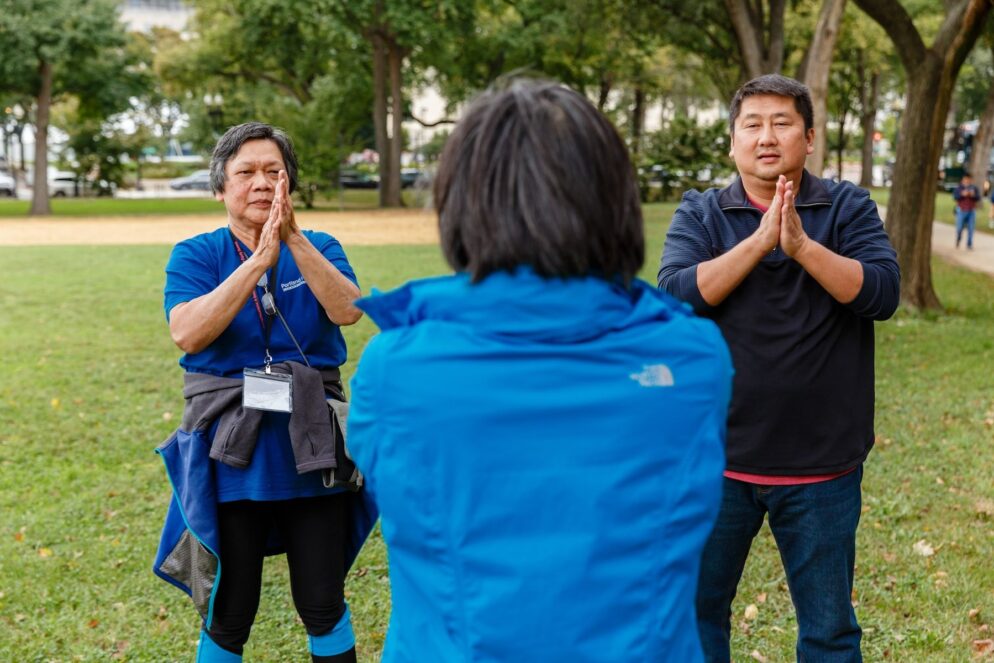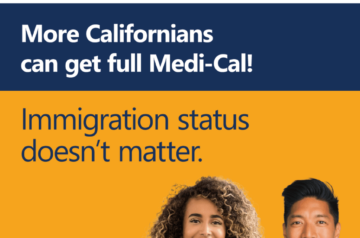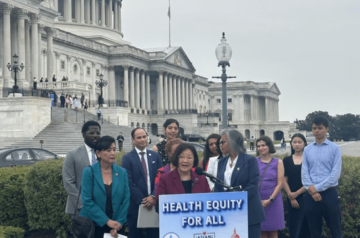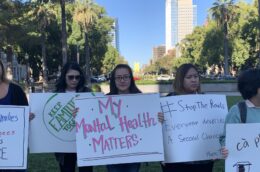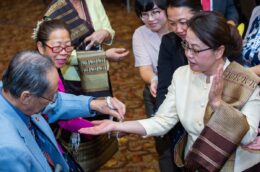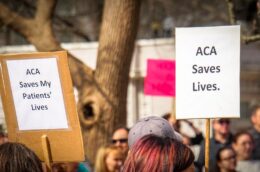All Californians should access necessary health care regardless of their immigration status or where they were born.
Key resources:



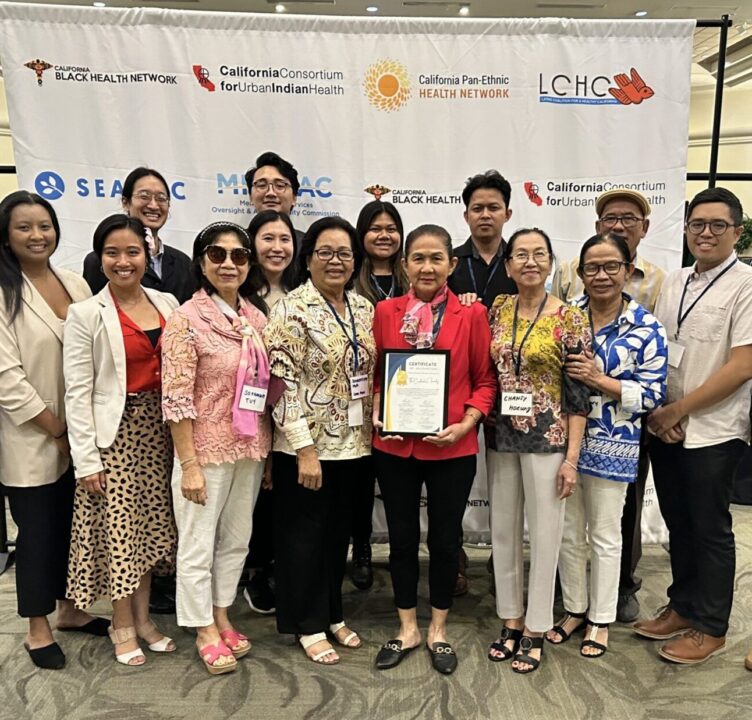
Featured story
SEARAC Unites With California Partners to Celebrate Our Right to Heal
SEARAC joined our California-based advocacy and health services partners to host the third annual “The Right to Heal: Centering Mental Health Multi-Racial Equity in California.”
Learn more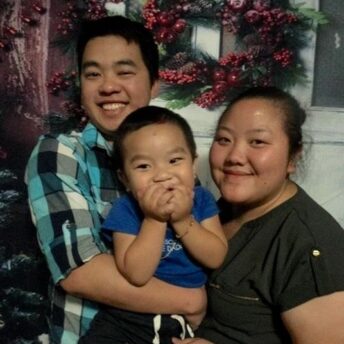
“Everyday I woke up crying because I gave birth to him but couldn’t do anything about his medical bills. I cried every time I looked at the medical bills because I couldn’t afford them. I didn’t even want to take my son into the hospital if it was going to be that expensive.”
as featured in our video “A Mother’s Love”
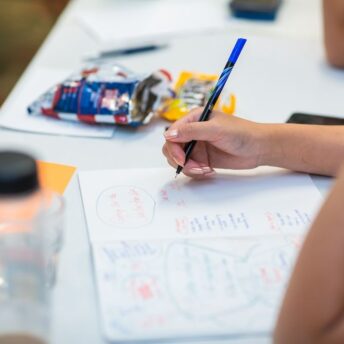
“Before the Medicaid expansion, I was without health insurance for a long time and was only able to access the free health clinics in the East Bay to address this recurring stomach issue that I had. I would be in immense pain. With the Medicaid expansion, I have been able to see a doctor and receive regular check-ups regarding my illness. I know that having Medi-Cal has prolonged my lifespan.”
Southeast Asian Americans Speak Out to Protect the Affordable Care Act and Medicaid Expansion report
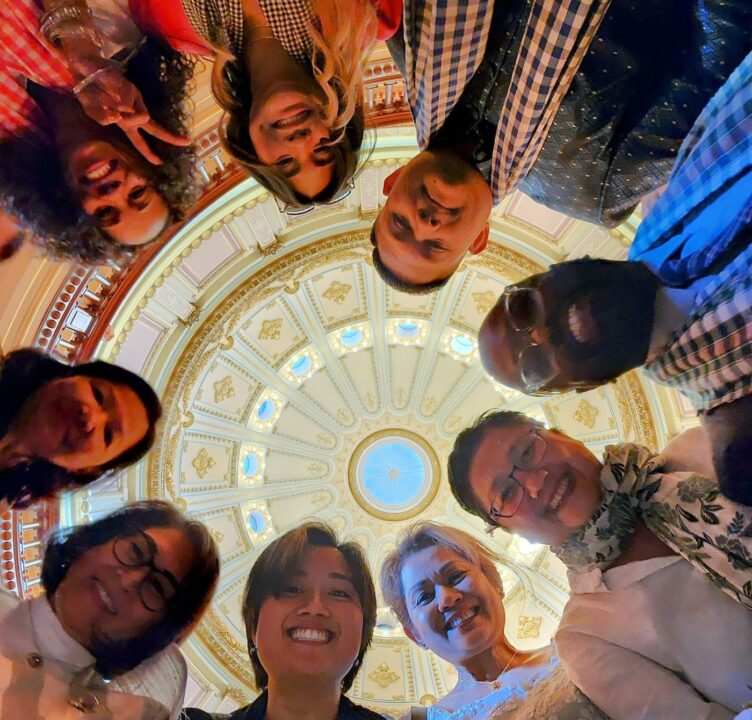
Subscribe to our newsletter for the latest updates on the SEARAC community, and to learn more about how you can get involved.
Today, SEARAC proudly launches Rising Up, a new report on the state of education for Southeast Asian American students. Key findings show that while progress is real, federal threats put hard-won gains at risk.
For 50 years, we have fought to be seen in schools; now is the time to protect that progress.
Read the report at the link in our bio.
Cover photo courtesy of ARISE, Ngan Nguyen, and her brother, Kelvin Khiem Nguyen.
Mar 3

SEARAC`s February newsletter is now live! Check out national and California policy updates from the SEARAC team: searac.org/news/2026-news-in-review/
Feb 27

Last night, President Trump lied to the American people. He spun an illusion of America where communities are safe from violence, healthcare costs are the lowest they’ve been, and children have all the supports they need to learn. Quyên Đinh, SEARAC Executive Director, shared, "Our communities are unveiling the truth of this Administration’s cruelty. Our strength has always come from collective action, from generations standing together and demanding better. Despite the President’s lies last night, we know that progress, justice, and truth will ultimately prevail."
Read the full statement at the link in our bio.
Feb 25

The Southeast Asian Deportation Relief Act #SEADRA will prevent deportations of Southeast Asian refugees, ensure access to work permits, and end ICE check ins. Southeast Asian Americans deserve safety, dignity, and a chance to thrive. Tell Congress to support #SEADRA and endorse it today: linktr.ee/searac.
Feb 24

With families at risk today, we choose action and hope. Southeast Asian Deportation Relief Act #SEADRA would protect Southeast Asian refugees and immigrants, keep families together, and restore due process. The time to pass SEADRA is now. Join us in standing with our communities against unjust detention and deportation and endorse SEADRA today: linktr.ee/searac.
Feb 23


